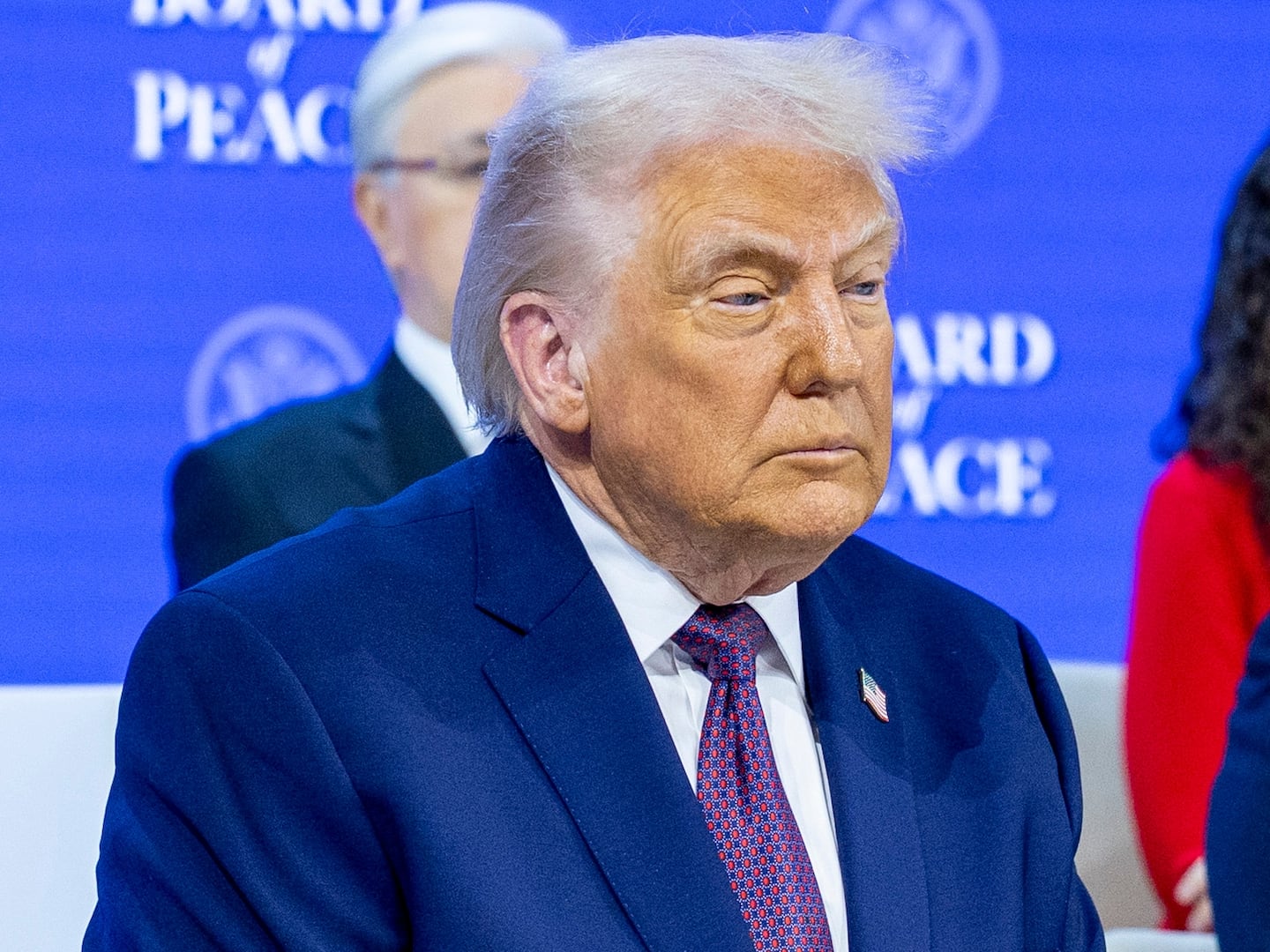Gore Vidal once said, “There are two things you never turn down: Sex and appearing on television.”
Indecent overexposure notwithstanding, he understood the power of TV in a way that few public intellectuals of his time did. While the small screen was being disparaged by highbrows as “the boob tube,” he was reaching into the living rooms of Americans who might never otherwise have encountered him, selling them on both his ideas and his books.
On one appearance in the early 1960s, he opened the door for his foe, William F. Buckley, Jr. The two had squared off in a syndicated print debate when Vidal, appearing on Jack Paar’s Tonight Show, belittled Buckley’s National Review magazine and its rejection of Pope John’s agenda of social progress. Buckley got equal time on a subsequent program and, warming to the bright lights on his first TV appearance, he also embraced television.
Buckley had founded National Review in 1955, a voice for the new conservative movement that he was building, but his audience rose dramatically once he began his TV program Firing Line in 1966. (It ran for 33 years, the longest running public affairs program in U.S. history.)
When we set out to make a documentary, Best of Enemies, about these two public intellectuals and their infamous dislike of each other, we didn’t fully appreciate how prophetic they were about TV’s power. They sought opportunities for genuine dialogue on news programs, daytime and late night talk shows, anywhere.
ABC chose them to meet nightly over the two 1968 political conventions because of their political bona fides. Each, however, requested that the other not be his opponent, alerting ABC to seal the deal. The network hoped that the friction might create sparks that would ignite ratings. ABC was perennially in third place (out of three networks—this was long before Fox or cable TV). Their hiring of pundits was to detract attention from their chiming in only at the end of each convention day. They couldn’t forsake the income from primetime advertising on Batman and The Flying Nun. They reframed their summary reporting as “unconventional convention coverage.”
The sniping between Buckley and Vidal began right away, minutes into their first broadcast. Buckley attacked Vidal for writing his 1968 paean to pansexuality, Myra Breckinridge (the protagonist is a man who becomes a woman who becomes a man; it sold in the millions of copies) and for unpatriotically maintaining a residence outside the USA (in Italy). Vidal swiped at Buckley’s fustian writing style, his racist past and his aggressive military predilections. Their accents were mid-Atlantic prep school, their bearings were haughty, and yet the meeting felt as much like a street-fight as it did political jousting. “Argument is sugar and the rest of us are flies,” former NBC News president Richard Wald says in our film, and indeed as word spread of the rumble, ABC’s ratings went up.
The political was becoming personal. Buckley, with strong religious beliefs, attacked Vidal’s bisexuality as revolting. Buckley’s support for the wealthy business establishment was more than uncharitable, it was un-Christian to Vidal, an avowed atheist. Their similarities underscored their antipathy. As Buckley’s biographer Sam Tanenhaus says, “Each one saw in the other an exaggerated image of his own anxious version of himself.”
In Chicago, during the penultimate debate, the fighting between these public intellectuals was a distillation of the conflict on the streets. Vidal called Buckley a “crypto-Nazi” and Buckley responded, “Now listen you queer, stop calling me a crypto Nazi or I’ll sock you in your goddamn face and you’ll stay plastered.” The off-camera moderator was appalled (so unlike today), and said, “Gentlemen! Let’s not call names.” This type of behavior on TV was so foreign that ABC deleted it from its delayed west coast broadcast.
Today, producers would be gleeful at such an exchange. And therein lies the rub. Television has shifted its spotlight from content to spectacle. The days of Walter Lippmann and journalists of differing opinions sitting around a table to hash out the issues—they’re gone. The camera loves a brawl and audiences do too. ABC’s ratings doubled at the 1968 convention and no network ever covered gavel to gavel again.
Today, public intellectuals are virtually extinct, replaced by what our interviewee Eric Alterman has termed “the punditocracy,” a class of visually appealing pie-holes braying from pro forma talking points. The barkers who populate the multi-screens within the “news programs”—it’s like the Brady Bunch with electric cattle prods. Buckley and Vidal engaged in verbal bloodsport with the good of the world hanging in the balance. Now it’s hacks spouting a party’s talking points, and at risk is who wins each argument between commercials, the slate always wiped clean between words from our sponsors.
Once the LED rays are out of the tube, there’s no putting them back. We are no longer defined by actions but by our words. Civil discourse has become uncivil, political divides are unbridgeable, and the adults have left the room. Mmm, sugar. Mmm, ratings.





